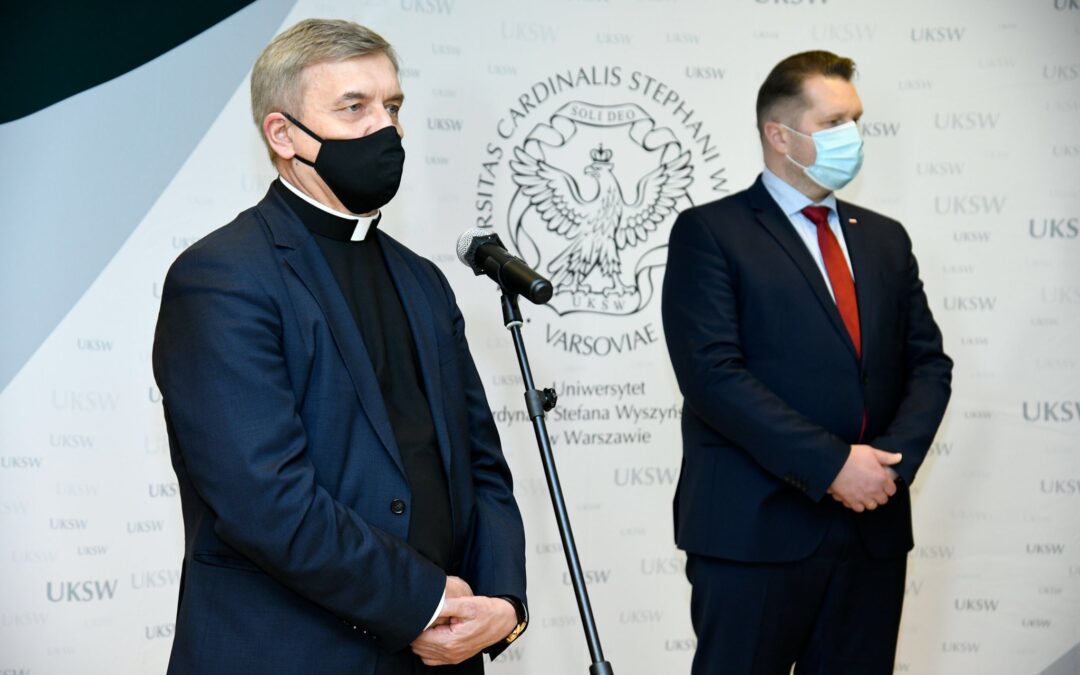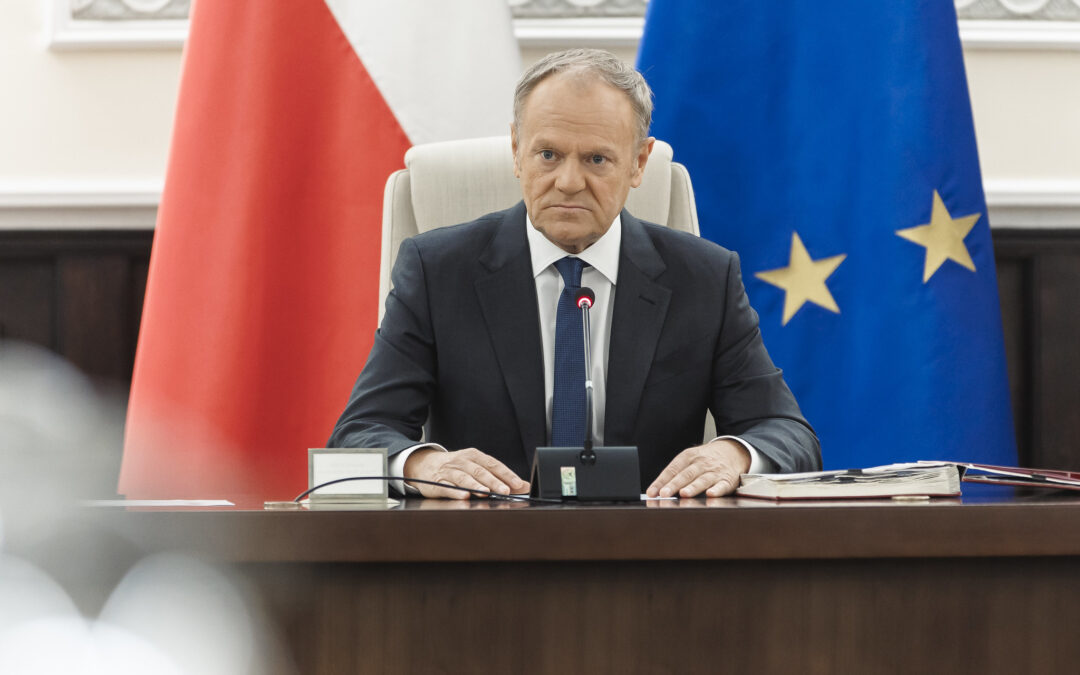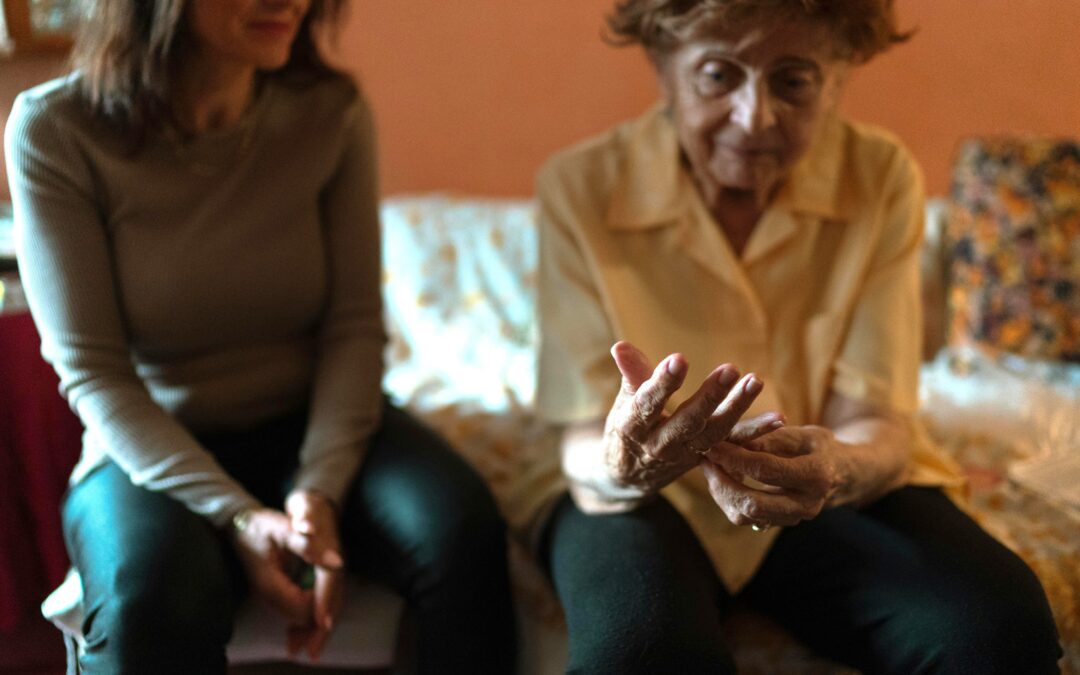A new academic centre researching religious freedom has been launched in Poland, with the education minister hailing its role in tackling what he says is the growth of “Christianophobia” in Europe.
The opening of the Centre for Research on Religious Freedom at Cardinal Stefan Wyszyński University (UKSW) took place in Warsaw this week. UKSW is a public university, but which “declares attachment to the teaching of the Catholic church”. It lists as its first research goal “expanding knowledge about God”.
The primary task of the new centre will be “conducting research in the field of religious freedom and the phenomenon of Christianophobia”, says the university. The institute will be led by Waldemar Cisło, a priest and professor of theology.
Its other goals include “disseminating knowledge about the persecution of Christians and the idea of martyrdom for the faith”, “counteracting Christianophobia”, and “promoting the Polish tradition of religious tolerance as a unique historical experience on an international scale”.
Minister @CzarnekP na @UKSW_Warszawa: – W świecie dochodzi do brutalnych ataków na chrześcijan, wcale nie mniejszych niż przed wiekami. Zjawisko to dotarło już do Europy. Dlatego z tym większą radością przyjąłem informację o otworzeniu Centrum Badania Wolności Religijnej na UKSW. pic.twitter.com/k3Uwmzdz9Q
— Ministerstwo Edukacji i Nauki (@MEIN_GOV_PL) February 18, 2021
Speaking at the ceremony, the education and science minister, Przemysław Czarnek, expressed his “great joy” at the opening of the research centre, which has received a grant of 1.5 million złoty (€335,000) from his ministry.
Noting that there are “brutal attacks against Christians around the world”, Czarnek warned that “this Christianophobia has already reached Europe.”
“There are countries in Europe, such as France, where this Christianophobia simply has to be fought,” the minister continued. “But some of its symptoms are also reaching Poland: a phobia against believers, discrimination against people who cite the Catholic catechism.”
“Academic research is crucial to…secure our region against attacks on religious freedom on believers of all faiths, in particular Christians, who are the most numerous in Poland,” concluded Czarnek.
The ceremony was also attended by some of UKSW’s students from African countries. The rector, Rev. Ryszard Czekalski, noted that the university runs a course educating clergy from African countries in which there is persecution against Christians.
Min. @CzarnekP wziął udział w otwarciu Uniwersyteckiego Centrum Badania Wolności Religijnej @UKSW_Warszawa. Celem Centrum jest https://t.co/swigVfwKQr.prowadzenie interdyscyplinarnych badań naukowych dot. wolności religijnej i formowanie postulatów z zakresu pomocy humanitarnej. pic.twitter.com/pLDjXpDOZF
— Ministerstwo Edukacji i Nauki (@MEIN_GOV_PL) February 18, 2021
Czarnek has aroused controversy since his surprise nomination in October as head of a new ministry combining oversight of schools and universities. Hundreds of Polish and international scholars have voiced concern at what they say are his “homophobic, xenophobic and misogynistic views”.
Previously, as a regional governor and then MP for the ruling national-conservative Law and Justice (PiS) party, Czarnek was best known as a leading figure in the government’s campaign against “LGBT ideology”, which Czarnek says “comes from the same roots as German Nazism”.
After taking up his position heading the ministry, Czarnek pledged to fight the “totalitarian dictatorship of left-liberal views” that he said has dominated in universities and, increasingly, schools. He claims that this has resulted in discrimination against those with conservative and Christian beliefs.
Last month, Czarnek called for the teachings of former Polish pope John Paul II to be used in schools to instruct children on business and sexuality.
This week, one of Czarnek’s senior aides told Catholic newspaper Nasz Dziennik that the ministry will soon begin a review of school textbooks.
The aim is to ensure that the material takes account of “the civilisational identity of Poles in the context of Latin culture because…we are heirs to those who, illuminated by the Gospel, seek the truth”.
Czarnek’s ministry has also drawn controversy this month after publishing an updated list of the points awarded to academic journals, which are used to assess the output of researchers working at Polish universities.
The number of points is supposed to reflect the prestige of a journal. But critics note that publications relating to theology, as well as some associated with the Catholic University of Lublin where Czarnek is a professor of law, have seen their rating boosted disproportionately to their academic reputations.
Shortly after the list was updated, a deputy education minister resigned. A member of the ministry’s Academic Evaluation Committee said that her departure was related to doubts over the legality of the new list. The ministry, however, says her resignation was agreed earlier and is unrelated to the list.
If instead you think, "well, actually I'd quite like to publish my paper in one of academia's international languages and in a journal with an above-freezing-point impact factor" and take it to Nature Human Behaviour, you get…….70 points.
— Ben Stanley (@BDStanley) February 11, 2021
Poland’s government has presented itself as a defender of the rights of Christians in Poland and around the world. Politicians from the ruling coalition have sought to use Poland’s blasphemy laws against those they accuse of the crime of offending religious feelings.
Last year, the justice ministry began funding a project on “counteracting crimes…committed under the influence of LGBT ideology”, in particular those carried out against “people of the Catholic faith”.
Among the material produced as part of the project by Do Rzeczy, a right-wing weekly, is a special supplement on “legal protection of Christians against LGBT ideology”.
An MEP from the ruling PiS party, Ryszard Legutko, was the initiator of a European Congress on the Defence of Christians, which was held in Kraków in 2018.
Main image credit: MEIN_GOV_PL/Twitter

Daniel Tilles is editor-in-chief of Notes from Poland. He has written on Polish affairs for a wide range of publications, including Foreign Policy, POLITICO Europe, EUobserver and Dziennik Gazeta Prawna.




















